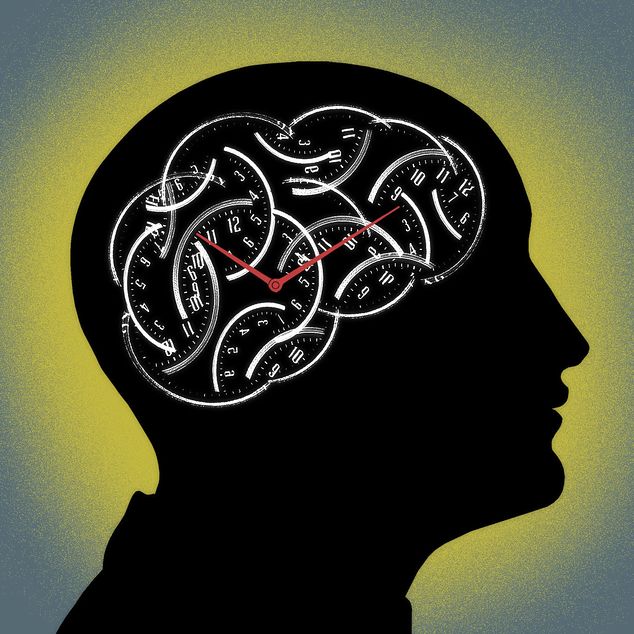Not being able to remember stuff is scary, but what about remembering stuff that never even happened?
According to new research, the use of marijuana not only contributes to forgetfulness but can also induce false memories.
Researchers from Maastricht University, the Netherlands, and the University of Sydney, Australia set out to see if marijuana made consumers susceptible to false memories, particularly as a result of suggestion.
According to lad researcher Lilian Kloft, this is the first study of its kind.
“With the growing global acceptance of cannabis and its widespread use by eyewitnesses and suspects in legal cases, understanding the popular drug’s ramifications for memory is a pressing need,” said Kloft.
64 healthy, occasional cannabis users were a part of the study and some were given a single dose of vaporised THC, while others received a placebo.
The psychoactive effects of THC are experienced immediately after smoking, with peak levels of intoxication after 15 to 30 minutes. Cognitive impairment is most prominent during the two hours after smoking, but may be detectable up to six hours later.
As part of the study, the participants performed memory tasks soon after inhaling, and even a week later. They were then asked to recall a list of words on a common theme.
The researchers found that cannabis users had a higher tendency to believe other related words had been on the list, when in fact they had not. That’s a classic test for false memory.
The subjects also witnessed a virtual reality fight and theft, and were asked questions about what they had seen. They were fed misinformation about these scenarios through suggestive questioning, and by the false testimony of a second virtual witness.
According to the study, published in the journal PNAS, participants who had inhaled THC were more likely to say “yes” to questions, indicating suggestibility, and had more false memories, especially while they were still intoxicated.
“The most important message from this study is that cannabis exerted a general impact on memory by increasing various types of recollective errors,” said the study.
It added, “In terms of interviewing witnesses, victims, or suspects after the incidence of a crime, this means that interviewing while the individual is still intoxicated should be minimised due to elevated risk of false reporting.”



